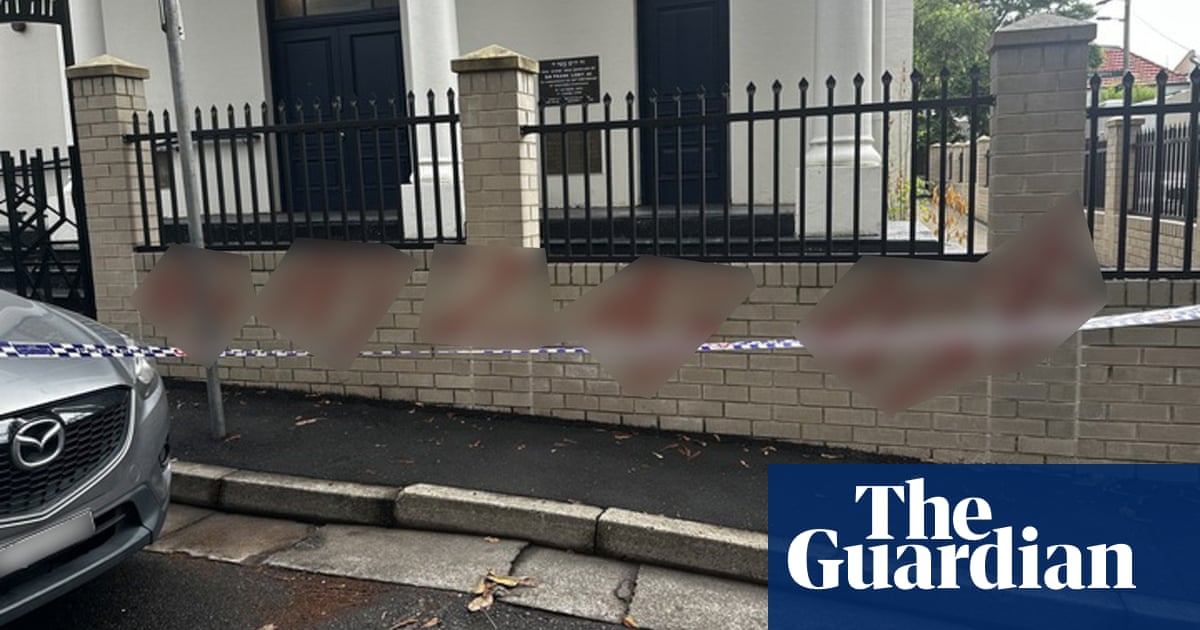“It feels awful,” said Samantha Hargreaves as she trundled her bottle-laden trolley past queues of cars waiting for drinking water in an Asda car park. It was the second year in a row that her water supply had been cut off shortly before Christmas, and she was loading up her car with extra bottles to give to less mobile neighbours.
“There’s quite a few of us who are struggling,” said Hargreaves, a 31-year-old community healthcare assistant.
Hargreaves is one of tens of thousands of people supplied by Southern Water in and around Southampton whose taps ran dry or lost pressure on Wednesday. The continuing outage, which hit 58,000 households in Hampshire after a fault at a supply works, happened as the industry regulator, Ofwat, announced the region’s bills will rise by more than anywhere else in England.
“I’m not worried about this,” said Roger Brown, 67, pointing to the palettes of bottled water being unloaded in the car park as part of Southern’s efforts to stem the crisis. “I’m more annoyed my water bills are going to go up.”
Water bills across England and Wales will rise over the next five years by an average of 36%, but customers of Southern Water will have their bills shoot up by 53%. The money, Ofwat says, is to be invested in projects that cut spills during storm overflows – a key cause of the raw sewage dumps that have fouled England’s waterways – as well as in meeting stricter environment rules and building new reservoirs to manage drought. Ofwat said the proportion of customers that get help with their bills will more than double from 4% to 9%.

But the announcement has prompted fury at what people see as private water companies’ failure to invest in fixing leaky pipes or provide a reliable service.
“Why should I pay extra for them doing the work they should have done years ago?” said Brown. “These water companies have got a damn nerve to ask us to pay for that. And I bet once it’s been paid for, our bills won’t go back down.”
The disruption to Hampshire’s water supplies, which is expected to last until the weekend, has caused schools to shut, forced businesses to close and led to long queues and heavy congestion around the three bottled water distribution centres. Southern Water said it had fixed the technical fault and would start to reconnect customers on Thursday afternoon. “Overnight our teams have fixed the problem at the Testwood water supply works and restarted the site. We’re now filling up the reservoir again with drinking water, ready to restore supply. This is a gradual process which must be done carefully and safely, but customers will start to be reconnected today. We are working towards all customers being back in supply by the weekend.”
“It is a bit annoying, especially at this time of year,” said Sophie Orton, 29, a hairdresser who has had to cancel appointments during what should be a busy period. “It’s frustrating.”
“It’s a bloody nuisance,” said Clive Brown, 72, a retired commercial diver who used to be in the navy. “It makes you realise you take it for granted. Turn the tap and water comes on – until it doesn’t, you don’t think about it.”
The outage has not surprised residents in some parts of Hampshire, such as the New Forest, which saw similar problems last year.
Julian Leyland said his family went without water for two to three days in November 2023. Then, two weeks ago, a water main burst outside his house and sent a torrent of water flowing down the driveway. Now, the schools his two sons attend have shut because of the latest outage.
Leyland, a water expert who is the director of environmental sensing at Southampton University, said he still had water bottles in the garage from the last crisis, as well as water butts in the garden that could be used to flush the toilet.
“A little bit of self-sufficiency goes a long way,” he said.

Several people criticised Southern Water’s handling of the situation, complaining of a lack of communication and a failure to provide water to people on the priority register for deliveries. Hargreaves, who is on the list, said she had only received one pack of water bottles late last night.
“I don’t get any delivered,” she said. “When they do deliver, they leave them downstairs and people pinch them.”
Filling his rucksack with bottles of water in the Asda car park, Paul Legg said he does not have a car so had to cycle in.
“Lucky enough, I still get out on my bike,” said Legg, a retired woodworker. “But what annoyed me is we had no notice at all … my daughter told me to go on the website. And at the end of the day, not everyone can do the website. If you’re old, how are you supposed to get water?”
The UK’s for-profit water industry is in crisis, with high bills, leaky pipes and raw sewage spills creating public anger. The situation has grown more tense as water bosses have pocketed increasingly large salaries. An analysis from the Liberal Democrats in March found that water companies have enjoyed “eye-watering” profits that have almost doubled since 2019.
At the same time, climate change is set to threaten the UK’s water supplies and force governments, businesses and households to adapt to a world that often has too little water and occasionally has far too much.
“There’s a public perception that we live in a wet, rainy nation,” said Leyland. “The whole concept of drought is quite alien to most people.”

.png) 3 weeks ago
20
3 weeks ago
20













































